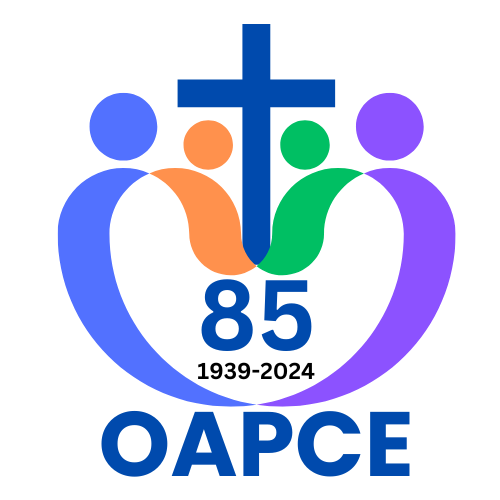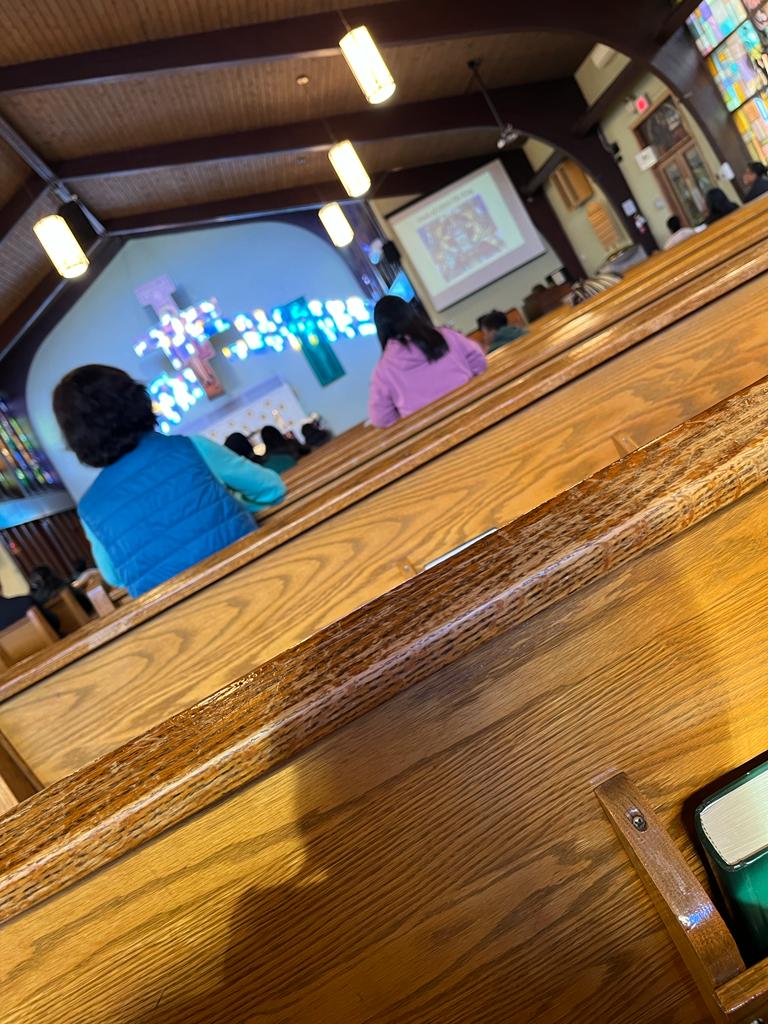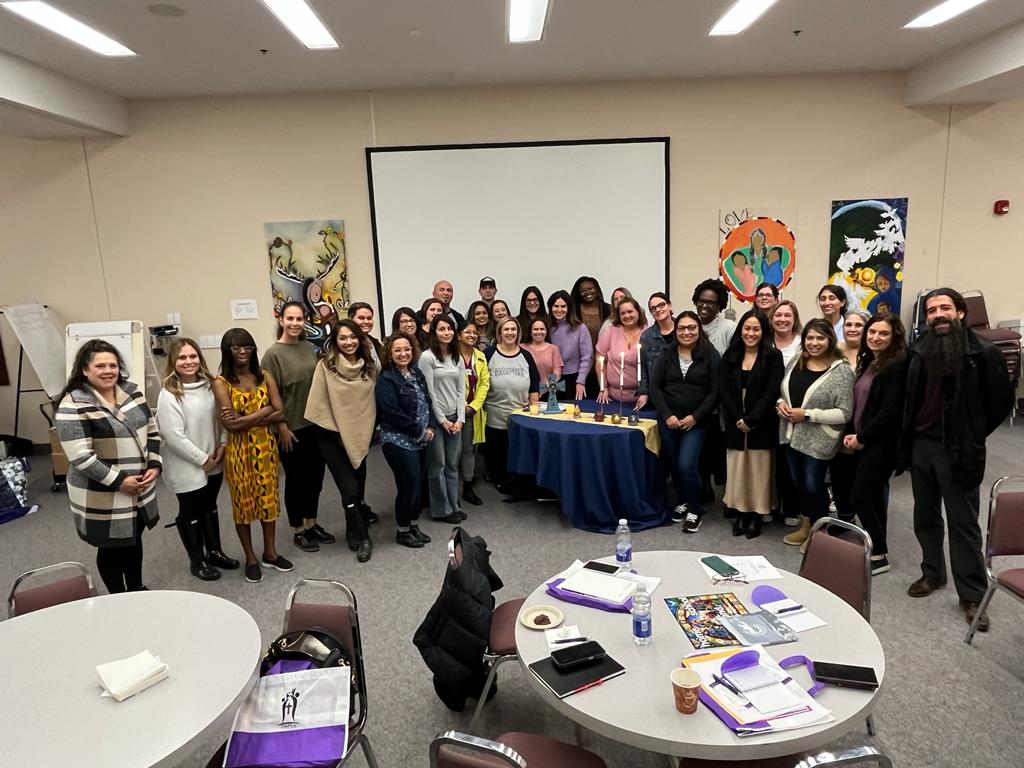Advocacy 101
Advocacy 101: The Power of Speaking Up for our Children and Catholic Education Introduction: Advocacy plays a crucial role in ensuring that our children receive the best education possible and that our Catholic values are preserved. The Ontario Association of Parents in Catholic Education (OAPCE) understands the importance of parents’ voices in advocating for their […]










